This is a sponsored post.
If you’re a skincare nerd, you’ll know that mixing foundation with sunscreen is a Bad Thing, even though a lot of people do it, and some brands even recommend it.
While mixing a couple of drops of foundation in with your sunscreen solves a lot of problems (takes the edge off any white cast, removes a step, lets you customise your coverage), it introduces a big one – it means your sun protection becomes unpredictable.
Related post: Video: All Your Sunscreen and Make-up Questions Answered
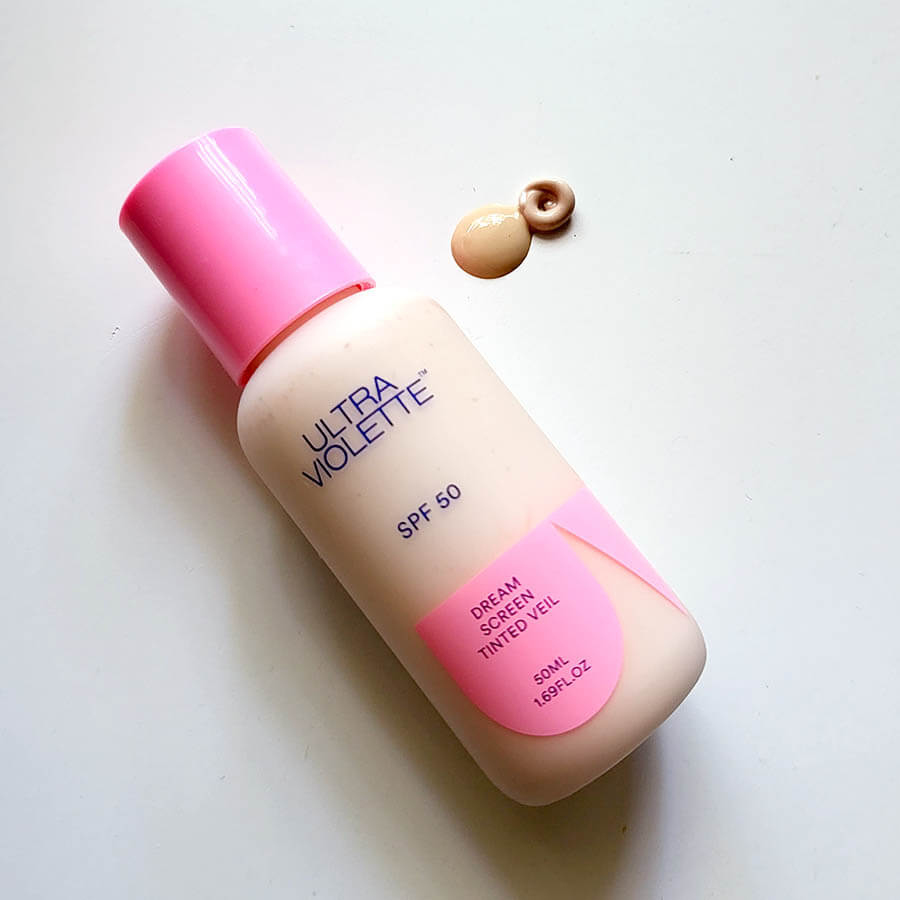
If your foundation has no SPF, then obviously you’ll be diluting your sunscreen. Even worse, you might end up with holes in your protection from where you haven’t mixed the products properly – it might look like they’re evenly mixed, but unless you zoom in to a microscopic level, it’s not a guarantee.
But surely if your foundation does have SPF, then it’s OK?
Unfortunately it’s still not that simple.
First off, the key to a sunscreen working well is having it form an even film on the surface of your skin. By mixing a foundation into the sunscreen, you’re changing the properties of the sunscreen which will change how it spreads.
It’s also possible that the two are incompatible – you might’ve seen how foundation can bunch up when you apply it over the wrong product, or how sunscreen can roll up. You’re merging two emulsions that don’t necessarily play nicely together – it’s similar to how milk curdles. If you can see how uneven it is, you can imagine how much more uneven it’ll be microscopically!
Related post: Foundation Clumping Science, and How to Fix It (with Video)
Even worse, it’s possible that the UV filtering ingredients in the sunscreen and the foundation don’t play nice together. Some ingredients can inactivate each other, so you can end up with worse protection than you’d get with the sunscreen alone.
But if a specific sunscreen and makeup combo’s been SPF tested? That’s when it becomes much safer!
Ultra Violette recently released Dream Screen Tinted Veil, a lightweight broad spectrum SPF 50 skin serum that gives buildable sheer-to-medium coverage.
Most excitingly for the sunscreen nerds, Ultra Violette went the extra mile and tested how it worked in combination with their cult favourite Supreme Screen sunscreen.
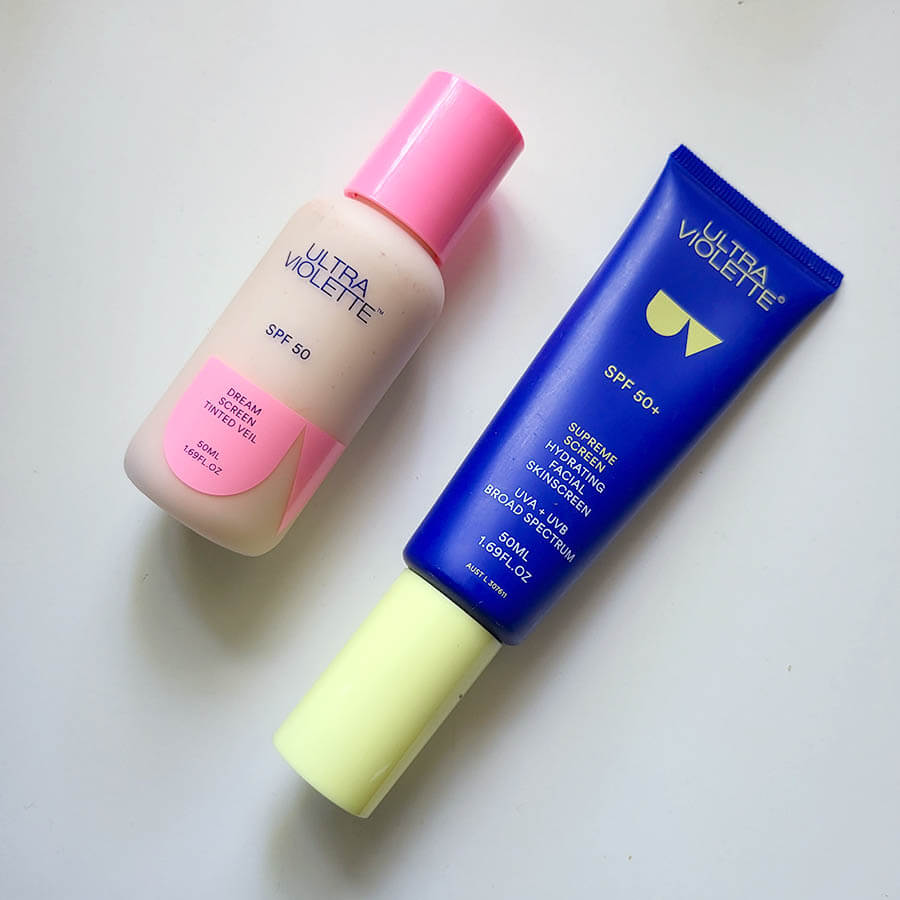
They tested two scenarios:
Layering: Half the recommended amount of Supreme Screen was applied to skin, then half the recommended amount of Dream Screen was applied on top. This gave an average SPF of 65.
Mixing: Half the recommended amount of Supreme Screen was mixed with half the recommended amount of Dream Screen, then the mixture was applied to skin. This gave an average SPF of 61.4.
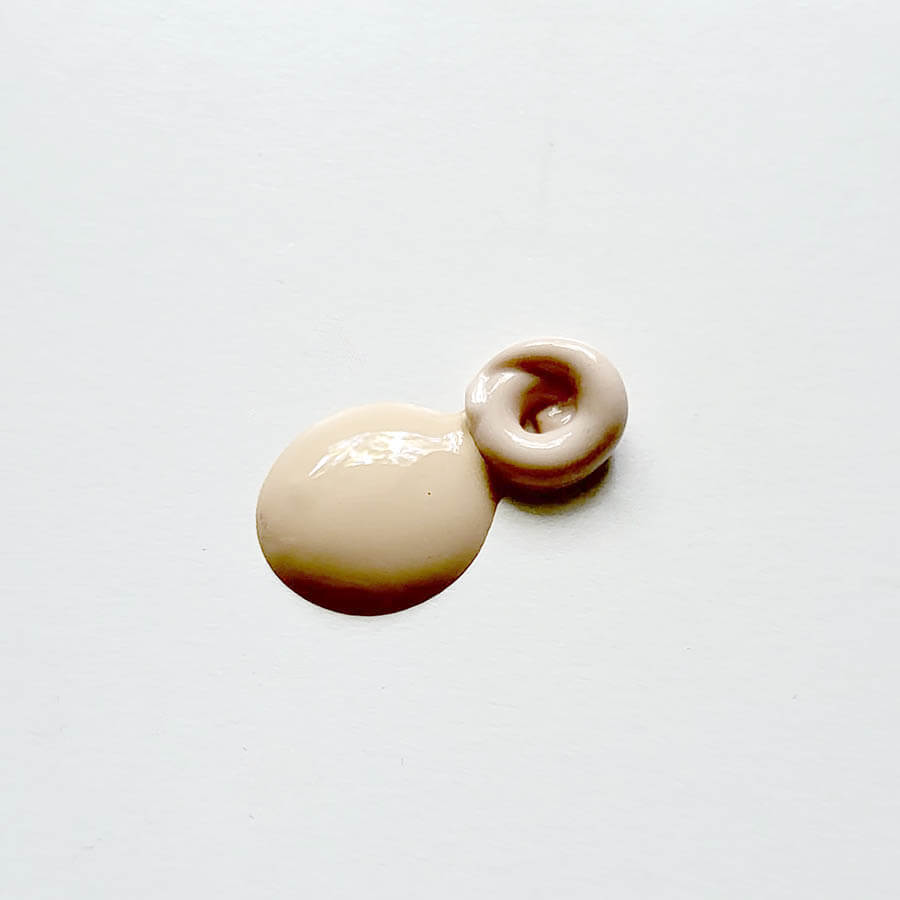
In other words, you should be able to layer or mix Dream Screen with Supreme Screen, and still get over SPF 50 protection!
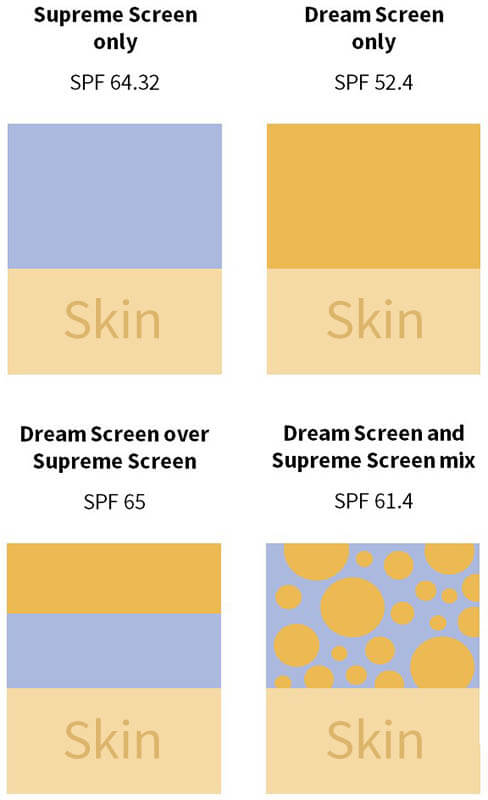
I love that these tests have been done. We all know that sunscreen is important, but a lot of people don’t end up using it daily because it’s fiddly, or it’s difficult to combine with makeup, or it’s uncomfortable to wear. This is the sort of innovation that makes it easier to protect ourselves from the sun, without giving a false sense of security. It’s especially important in Australia, where our sun loving culture, geographical location and susceptible population means we have the highest rate of skin cancer in the world.
I’m hoping more brands will perform this sort of testing before they make unusual claims about how their sun protection products work!
Ultra Violette has more shades coming in 2022 so stay tuned.
AU SPF disclaimer: Always read the label and follow directions for use.
This post is sponsored by Ultra Violette; however, the content is all based on my independent research and my honest experience. For more information, see Disclosure Policy.


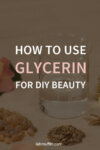


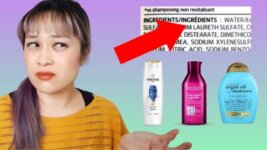
Mind BLOWN! Yes all brands need to get on this! Thanks for the info Michelle 🙂
That is really amazing. Just like your own Tinted Moisturizer, but with enough protection because you apply enough product!
I’m kinda gobsmacked because I don’t understand why people do this when tinted sunscreens exist. (I, too, initially thought “tinted sunscreen” meant “barely any coverage,” but they suuure seem like full-blown foundations to me!)
The one I use (ipkn Moist & Firm BB) is SPF 45 and contains not only titanium dioxide and zinc oxide, but also a couple chemical sunscreens. I normally react badly to the latter, but the two in here don’t bother me at all.
What is it people mixing sunscreen and foundation are trying to achieve that they can’t have with a tinted sunscreen? What am I missing? (*Am* I missing something, or are these people “more products are better!” types or something?)
I think the reasons are:
* Tinted sunscreens usually only come in a limited range of colours
* Tinted sunscreens have too much coverage to apply 1/4 tsp
* It gets rid of the white cast of some sunscreens
How, exactly, does a mix end up with a higher SPF than either of the constituent parts? That doesn’t seem reasonable to me.
There’s some variation with SPF measurements, it’s the average of a number of separate measurements. I talk about it here https://labmuffin.com/purito-sunscreen-and-all-about-spf-testing-with-video/
Hi Michelle! What do you think of the Altruist Dermatologist Sunscreen? There exists also a tinted version.
I’ve never tried them, I like the idea of them though!